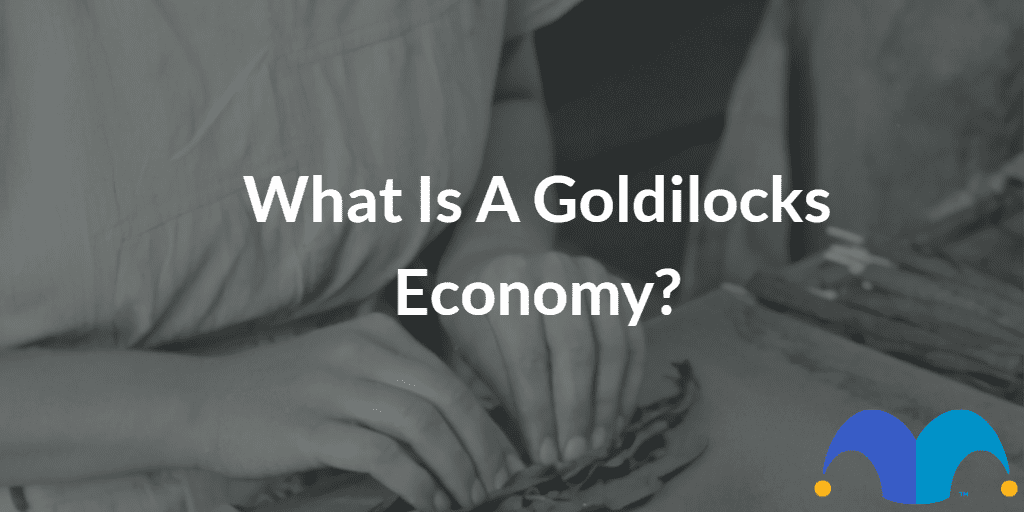What is a Goldilocks economy? Where does the name come from? Are we in such an economy at the moment? Here’s what you need to know.
Goldilocks economy: what does it mean?
A Goldilocks economy describes an economic environment that is relatively stable and not growing or shrinking too much. In other words, it’s just right – like the final bowl of porridge Goldilocks finds in the three bears’ cottage.
A Goldilocks economy has positive appeal. Steady economic growth reduces the likelihood of a crippling recession, and a lack of rapid economic expansion limits the possibility of runaway inflation.
Why is a steady economy important?
Controlling the likelihood of a recession and high inflation is key to a successful economy.
A recession is generally defined as a drop in gross domestic product (GDP) in successive quarters. GDP is a measure of a country’s total output. A recession differs from an economic depression, where dips can last for years.
Inflation, on the other hand, is where there is an increase in prices that effectively devalues money. Inflation in the economy is often terrible for savers relying on interest rates. However, inflation may be welcomed by those who owe money, as it can essentially erode the value of debt.
To impact inflation the Bank of England has a base rate, which it can modify to control the nation’s money supply. The base rate currently sits at an all-time low of 0.1%.
The Bank of England’s target inflation rate is 2%. The Bank currently measures inflation using the Consumer Prices Index (CPI). However, some critics argue that it’s an ineffective way of measuring true inflation. This is because the CPI does not take into account price increases in stocks, bonds or real estate, which are all associated with a Goldilocks economy.
What else happens in a Goldilocks economy?
Aside from a low chance of a recession or runaway inflation, a Goldilocks economy usually means high rates of employment and low interest rates.
In other words, in such an economy, the number of people seeking work is low, as is the cost of borrowing.
A Goldilocks economy can be good for investors too because a steady economic environment generally supports asset growth.
Is the UK in a Goldilocks economy?
Some believe the UK is currently in a Goldilocks economy. That’s because a drop in rates of employment and sharp increases in CPI inflation haven’t materialised, despite the country going through a pandemic.
A surge in house prices and other assets has also supported the theory that the UK has a fairytale economy.
However, it’s worth knowing that many feel a Goldilocks economy is part of a ‘boom and bust’ cycle. Such cycles suggest continued increases in asset values cannot last forever. Many feel that the UK economy is therefore heading for a contraction, especially as the long-term economic fallout from Covid-19 is unknown.
Yet as it stands, it’s hard to disagree with anyone who considers the UK economy as stable. Whether that will change in future remains to be seen.
While the UK economy won’t encounter the three bears any time soon, a ‘bear market‘ in stocks and other assets is certainly possible.
